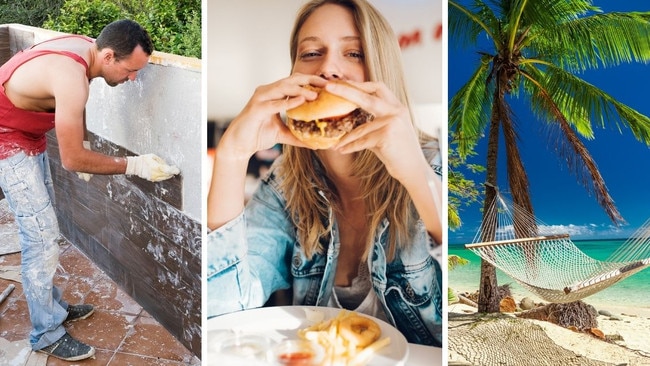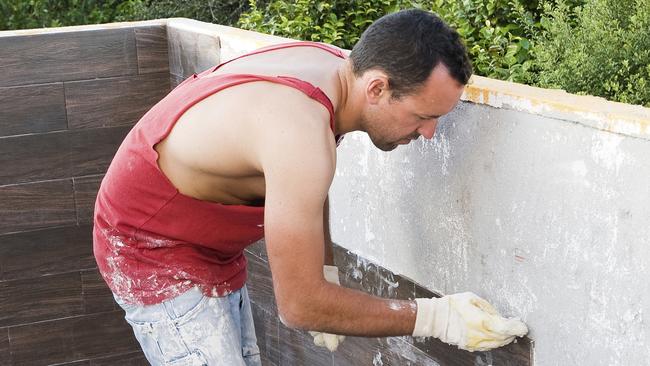Queensland company collapses decline in January but more pain on the way
Almost 30 companies collapsed in the Sunshine State last month, including a long-standing travel agency, and liquidators predict business conditions will deteriorate throughout 2022.

The ‘challenging’ times has forced a Queensland travel agency to close its doors joining almost 30 companies that collapsed in the Sunshine State last month.
ASIC records show liquidators or voluntary administrators were appointed to 28 Queensland-based companies in January compared to 44 in December.
While fewer Queensland companies collapsed in January, liquidators predict conditions for struggling firms will deteriorate throughout 2022.
Cairns-based Parker Travel Collection was wound up after operating for almost 27 years. Chief executive Todd Parker says the pandemic had taken a severe toll on the business.
“My sincere thanks to all that have supported us from around the world,” says Parker. ”It was great while it lasted but the impacts of the last couple of years and the pandemic has brought the business to an end,” he said.
“It’s been a challenging time for all of us over the last couple of years with the pandemic causing so many unknowns and in my case the closure of our business.”
At its peak the company had up to 12 full time staff. According to documents lodged with ASIC by the liquidator, the company owes creditors about $150,000 mostly to the Australian Taxation Office.
Other firms to collapse last month included building supply firm The Tile Factory after it was hit by Covid-related supply chain issues and the former franchising arm of the Burger Urge chain. Burger Urge continues to trade.
H&H Advisory director Shahin Hussain said his firm had experienced an increase in appointments in November and December while inquiry levels in January were “consistent”. He believed there will be a rise in company insolvencies in 2022.
Mr Hussain said the impact of the Covid pandemic will continue to be felt with supply chain shortages and delays, increased costs, staff shortages and more people working from home leading to less retail spending.
“There will be more pressure on businesses because of the reduction of government stimulus and removal of restrictions regarding enforcement of debt, especially the enforcement of arrears of debt during Covid in relation to outstanding rent which was deferred,” he said.
Mr Hussain said hospitality and the construction sectors were the most vulnerable.
“Retail spend in general and the availability of staff and stock remains an immediate concern in hospitality,” he said.

“Construction building materials costs also seem to be increasing and are in scarce supply, due to shipping and production delays.
“In particular, businesses that import such materials or operate on fixed term building contracts may find that their contracts are no longer profitable or significantly delayed due to a lack of available products and or staff.”
Master Builders Queensland deputy chief executive Paul Bidwell said there would be more collapses on the way in 2022 as builders continued to face hefty hikes in building materials.
“There are a lot of nervous builders out there and the first quarter of next year will be telling,” said Mr Bidwell.
The construction industry is seen as one of the most vulnerable sectors heading into 2022 following the high profile collapses last year of Queensland builders Privium and BA Murphy.
The construction sector typically accounts for 25 per cent of all insolvencies nationally.
And according to credit reporting agency, CreditorWatch, industry payment times have blown out during Covid-19, with a record high 12.6 per cent of payments to suppliers and contractors now more than 60 days overdue - the highest rate of any industry.
While materials shortages, site shutdowns and project delays caused by the pandemic have all put further pressure on the industry, Eakin McCaffrey Cox special counsel Nelson Arias-Alvarez believes many builders were already operating at the slimmest of margins through fixed price contracts that made it difficult to absorb unexpected cost increases.
“The Covid-19 pandemic caught out contractors and subcontractors who had accepted poorly negotiated contracts,” he said.
“Unable to meet contractual obligations, contractors and subcontractors have had to wear the costs of Covid-19 in terms of cost and time.
“Our fear is that these potentially terminal businesses may infect their directors, owners, employees and stakeholders if action is not taken to address the financial imbalance.”






To join the conversation, please log in. Don't have an account? Register
Join the conversation, you are commenting as Logout